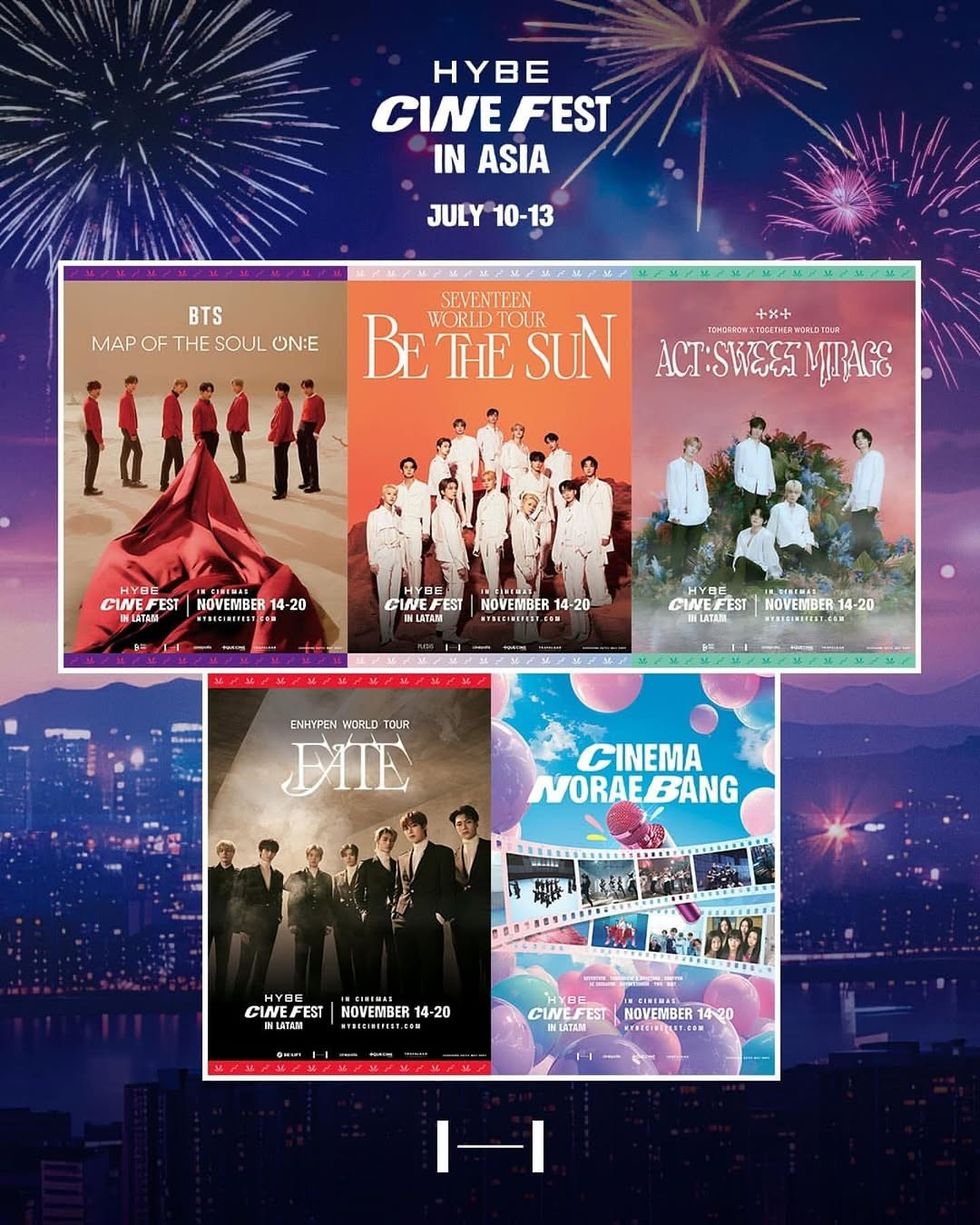HOT-RIGHT-NOW ACTOR KHURRANA ON HIS NEW MOVIE ABOUT CASTE-BASED PREJUDICE IN INDIA
by MOHNISH SINGH
Hot-right-now actor Ayushmann Khurrana is on an incredible roll after his winning performances in movies such as Bareilly Ki Barfi, Shubh Mangal Saavdhan, Andhadhun and Badhaai Ho.
The Bollywood box office success in consecutive films isn’t stopping him from exploring new territories with roles that have never been attempted before.
This includes the talented actor’s new movie Article 15, which sees him play a tough cop in director Anubhav Sinha’s hard-hitting story.
Eastern Eye caught up with Ayushmann to talk to him about Article 15, how his recent success helps him decide future projects and what made him say yes to playing a gay man in Shubh Mangal Zyada Savdhan.
Starting with a cliché question, do you think that you are now in the best phase of your career?
It’s not a cliché question at all; it’s a wonderful question. Well, I don’t know. I am just enjoying this phase where I am getting to do different stuff, playing different characters and also getting to do something that I have never done before. I don’t know if it’s the best phase or not, but it is a very exciting one for sure.
What made you say yes to Shubh Mangal Zyada Savdhan where you play a gay character?
Because, in a mainstream space, nobody has played a gay character with a social message. The film is not just funny, but it also gives a message. Till now, we have only seen films where they are made into a caricature. That is not there in this film. It is a different film. It has a strong message.
The tone of Article 15 is very different from your previous work. What was the experience of filming it?
Yeah, it is different for sure. This is the first time I am playing a cop and it is also the first time I am doing a hard-hitting film. Previously, I did only light-hearted films. But this one has a social message, and it is the need of the hour that as a country we address this issue (casteism) as soon as possible. It has been more than 70 years since we got independence and we need to end this kind of discrimination for a better tomorrow. It happens only in our country. Nowhere else in the world do people have to deal with this issue day in and day out.
What was more challenging; the physical transformation or the emotional one?
I think physical transformation is easy. It’s not tough because I have a good metabolism. I gain muscles and lose weight quite easily. The emotional transformation was obviously the tougher part because, at a human level, living in a country where you are treated as a third-rate citizen is not easy. While shooting this film, I realised that 70 per cent of Hindu society comprises dalits (so-called untouchables). We talk about the rest of the 30 per cent, but that’s the majority among the minority; but in the real word, the minority is the majority of the population. This film is an eye-opener for people who have no idea about the situation in our country.
Was there any reference point for the cop character that you play in the movie?
I wasn’t taking reference from any of the Hindi films, for sure, because it was based on real events and for that, I met real cops. I have a friend, whose name is Manoj Malviya and he is a police officer in Delhi. I have been his friend for the past four years now and I have also been to his office. I usually sit there and observe him at work, how he talks to people, the way he walks and how he also does the salute. It should be a proper salute because in the film every police officer keeps saluting every two or three minutes. So we kept it as real as possible. That was my preparation. I was not inspired by cops in films; I was drawing inspiration from real-life policemen.
How was it working with director Anubhav for the first time?
I have been his fan since I watched Mulk (2018). I think it’s one of the most balanced films based on the issue. He has discovered a certain voice after Mulk because he has very strong opinions and, at the same time, he is a great filmmaker. He has made movies which are like formulaic commercial films and he has also made Mulk. So his sensibilities are varied. He understands the market as well as the complexities of a country. That’s a great combination to have, and I have learned a lot from him.
How important was it for you to address this kind of topic in your films?
I think that’s the basic premise of our constitution. We don’t follow our constitution at all. I think it was formed in 1950, but we still don’t follow it to the T. It’s really sad that India has a pluralistic society and that’s the biggest strength and biggest weakness, all at the same time. But we, as responsible citizens, need to make sure that we follow the basic rights of equality. That’s about it. It’s as simple as that.
We heard that Anubhav had offered you some other film before Article 15…
When I met Anubhav for the first time, he offered me a rom-com after Mulk, but I wanted to do something which was hard-hitting. I asked him, ‘what are the other scripts that you are working on?’ He then gave me three-four options saying, ‘these are the scripts I am working on.’ Article 15 was one of them. I started talking to him about the caste situation in our country. Now, I have read a lot of literature on dalits and on the whole situation of discrimination. Anubhav was really surprised that I knew about these things. He was like, ‘I could not find an actor who knows about these things and who feels strongly about these issues.’ He could not imagine that I would be thinking about these things. But he was not convinced that I could play a cop. So, he was like, ‘let’s see how it goes.’ We then had a look test and that was the time when I wore the uniform and felt like a cop. It just changes your demeanour. I think there is a great power or poise in the uniform, but it is important to believe in the cause and that is why he was convinced I could play this part.
Anubhav recently said that it is a very special movie that needed an extraordinary actor like Ayushmann. Can you comment on that?
I think more than anything else, I believed that it’s a director’s medium. The script is the most important thing and how you manoeuvre the script and take it to the next level lies with the director. He is good and that is why I am good in the film.
At the beginning of your career, you went through a phase where your films didn’t perform so well, but now you are one of the most bankable stars out there. How does it feel?
I think you feel gratified - as both an actor and artist - that you are getting appreciated; your choices are getting appreciated. The day I started following my guts, things turned right. And that was also the time when I was trying to learn the dynamics of the industry. After Vicky Donor (2012), I did not get the scripts I wanted to work on. Vicky Donor was a benchmark of sorts. After that, I was not getting those kinds of scripts at all; nobody was writing such scripts. I was just trying to figure out my own space and it was a great learning curve at that time. Times are changing and audiences are changing now. That is why these scripts, these off-centre films are doing commercial business also. So, I think I am glad that I am part of this phase.
Does the amazing success of your recent films help you with the decisions of your future projects?
Both 2017 and 2018 were really good for me. Because of that, I get the courage to do a film like Article 15. I was brave enough to attempt something, which is completely different without thinking of commercial aspirations. This film has a certain texture and tonality. The main focus is on the message. It’s an important film and as an artist, I feel that responsibility. So, I am sure that it will do good business, but the more important thing is to put the message across.
How has playing Ayan Ranjan affected you in real life?
To play a cop was never easy because I am a goofball in real life. So, it was very difficult for me to maintain that stance and be that intense. That is where the real acting comes into play. Doing a slice-of-life film is something that I can do anytime; I can do that in my sleep. But playing a cop is different and dealing with certain issues is different. But I realise that when you wear a uniform, you get that voice and if you feel strongly about that particular issue, then you automatically get into the character.
Article 15 is based on a real event. Was it mentally taxing to get into that space?
I can switch on and switch off quite easily. I am not one who takes the character back home. When the camera is on, I am a different person. When the camera is off, I’ll probably joke around. As I said, I am a goofball. But then again, we had a lot of reading sessions and discussions. I read a lot of literature and Anubhav sir gave me a lot of books on the issue. So, it really helped me to build that character.
Article 15 is in cinemas now















 Everything you need to know about HYBE Cine Fest 2025 and line-up Instagram/
Everything you need to know about HYBE Cine Fest 2025 and line-up Instagram/ HYBE Cine Fest 2025 details Instagram/
HYBE Cine Fest 2025 details Instagram/

